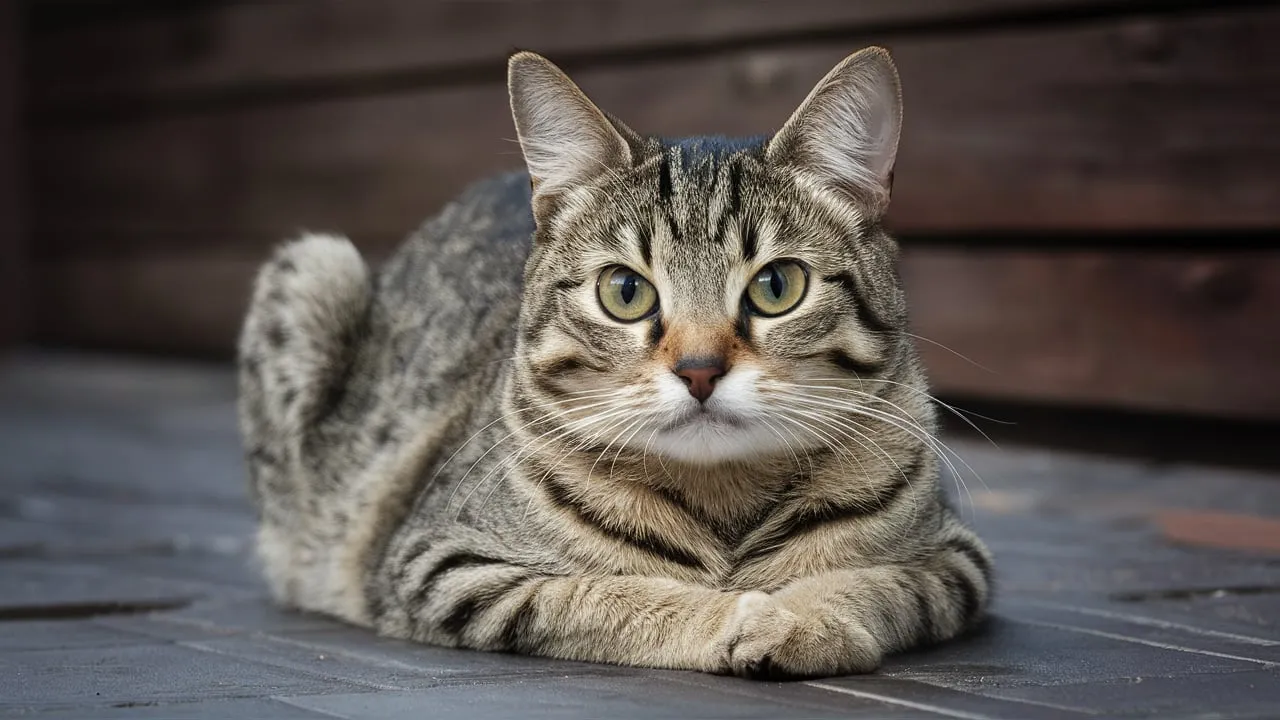As devoted cat owners, we often cherish our feline companions’ unique meows, purrs, and other vocalizations. When our cats develop a hoarse voice or lose their ability to meow, it can be alarming. Laryngitis in cats is a condition that affects the larynx, or voice box, causing inflammation and potentially leading to vocal cord paralysis.
With information of In For Cat. While laryngitis can be a concerning condition for cat owners, it’s important to understand that it’s not always deadly. With proper diagnosis and treatment, most cases of laryngitis in cats resolve without any long-term complications.
Is Laryngitis in Cats Deadly? Understanding Feline Vocal Cord Inflammation

Understanding Laryngitis In Cats
Laryngitis is an inflammation of the larynx, which is located in the throat and houses the vocal cords. This inflammation can be caused by various factors, including:
Causes of Laryngitis in Cats
- Viral Infections: Upper respiratory infections (URIs) caused by viruses like feline herpesvirus (FHV) or feline calicivirus (FCV) can lead to laryngitis.
- Bacterial Infections: Bacterial infections can also cause inflammation of the larynx.
- Allergies: Allergic reactions to pollen, dust mites, or other allergens can trigger inflammation in the larynx.
- Trauma: Injuries to the throat, such as those caused by foreign objects or forceful coughing, can damage the larynx.
- Tumors: Rarely, tumors in the larynx can cause inflammation and obstruction.
Is Laryngitis in Cats Deadly?
While the news might cause you to raise a furry eyebrow, laryngitis in cats isn’t usually a death sentence. In most cases, it resolves on its own or with some TLC from your veterinarian. However, there are situations where laryngitis can take a turn for the worse. Complications can arise if the inflammation becomes severe. One such complication is vocal cord paralysis. This can significantly impair your cat’s breathing due to the inability to properly open and close their vocal cords.
In even rarer instances, the inflamed larynx can become completely blocked, creating a life-threatening situation by preventing air from entering the lungs. Additionally, laryngitis can weaken your cat’s immune system, making them more susceptible to secondary infections that could further complicate their health. If you notice any difficulty breathing, excessive lethargy, or a complete loss of meow, err on the side of caution and seek immediate veterinary attention.
Symptoms Of Laryngitis In Cats
The most common symptom of laryngitis in cats is a change in their voice. This may include:
- Hoarseness: A raspy or muffled meow
- Loss of Voice: Complete inability to meow
- Struggling to Breathe: Difficulty breathing, especially when inhaling
- Coughing: Dry, hacking cough
- Gagging: Attempting to vomit or clear the throat
Diagnosis And Treatment Of Laryngitis In Cats
If you notice any signs of laryngitis in your cat, it’s essential to consult your veterinarian. They will perform a physical examination and may recommend additional tests, such as:
Diagnostic Tests:
- Blood Tests: To rule out underlying medical conditions
- Radiographs (X-rays): To visualize the larynx and surrounding structures
- Endoscopy: To examine the larynx directly
Treatment Options:
- Antibiotics: For bacterial infections
- Antivirals: For viral infections
- Anti-Inflammatories: To reduce inflammation
- Humidifier: To moisten the air and help relieve dryness
- Steroids: In severe cases, to reduce inflammation and swelling
- Surgery: In rare cases, surgery may be necessary to remove tumors or correct airway obstruction.
Home Care For Cats With Laryngitis
Your veterinarian will provide specific instructions for home care based on your cat’s individual needs. General recommendations may include:
- Rest: Provide a quiet and comfortable environment for your cat to rest.
- Hydration: Encourage your cat to drink plenty of water.
- Humidifier: Use a humidifier to moisten the air, especially if your cat is experiencing dry cough.
- Avoid Irritants: Keep your cat away from smoke, dust, and other irritants.
FAQs
Q: How long does laryngitis last in cats?
A: The duration of laryngitis can vary depending on the underlying cause and treatment. Most cases resolve within a few days or weeks.
Q: Can I give my cat over-the-counter cough medicine?
A: No, it’s not recommended to give your cat over-the-counter cough medicine without consulting your veterinarian. These medications can be harmful to cats.
Q: What if my cat’s voice doesn’t return after treatment?
A: If your cat’s voice doesn’t return after treatment, it’s important to follow up with your veterinarian to rule out any underlying conditions.
Q: Can laryngitis in cats be prevented?
A: While you can’t always prevent laryngitis, you can reduce the risk by vaccinating your cat against common feline viruses and keeping them away from irritants.
Conclusion
Laryngitis in cats is a common condition that can cause concern for pet owners. While it’s not always deadly, it’s important to seek veterinary attention for any signs of vocal cord inflammation. With proper diagnosis and treatment, most cases of laryngitis resolve without any long-term complications. By understanding the causes, symptoms, and treatment options, you can provide the best care for your feline companion and ensure their vocal cords remain healthy.

Related Post
Potential Causes Of Cat Pooping Jelly Like Substance With Blood
What Is Shaken Cat Syndrome?
Cat Nose Bleed And Sneezing: A Comprehensive Guide